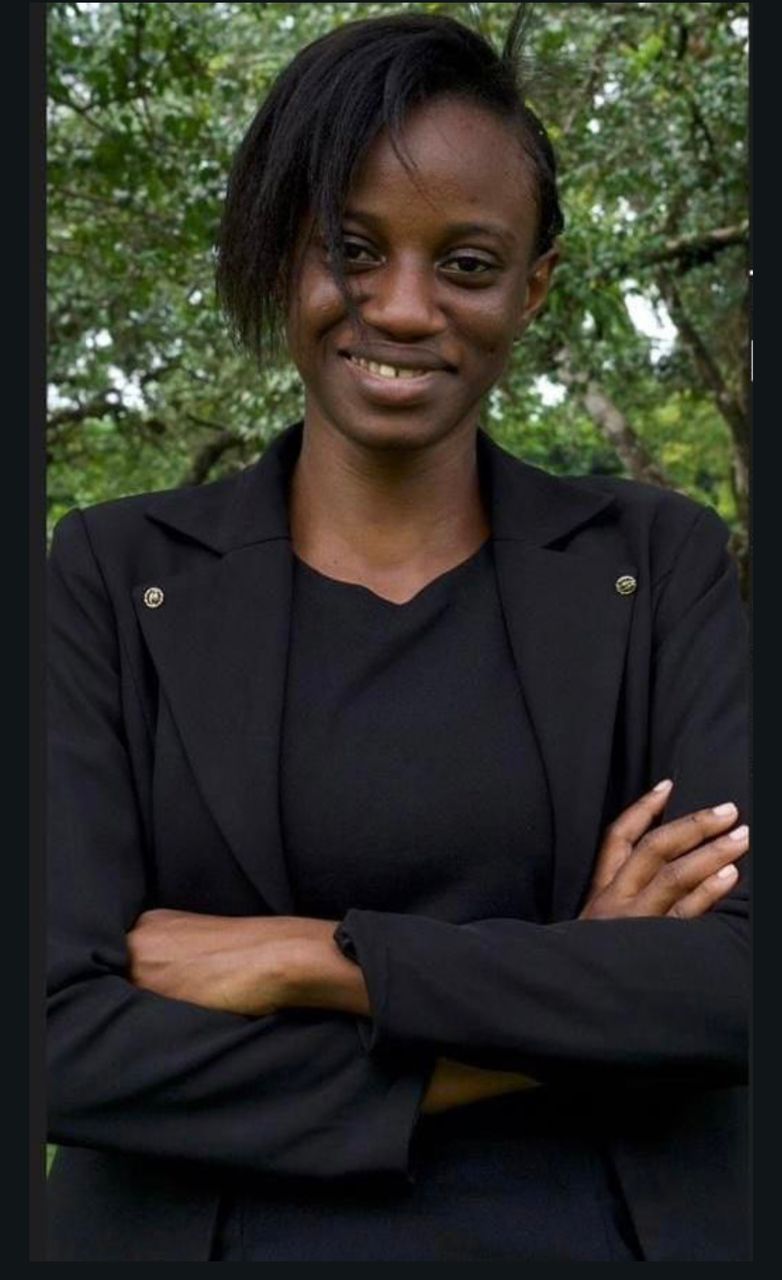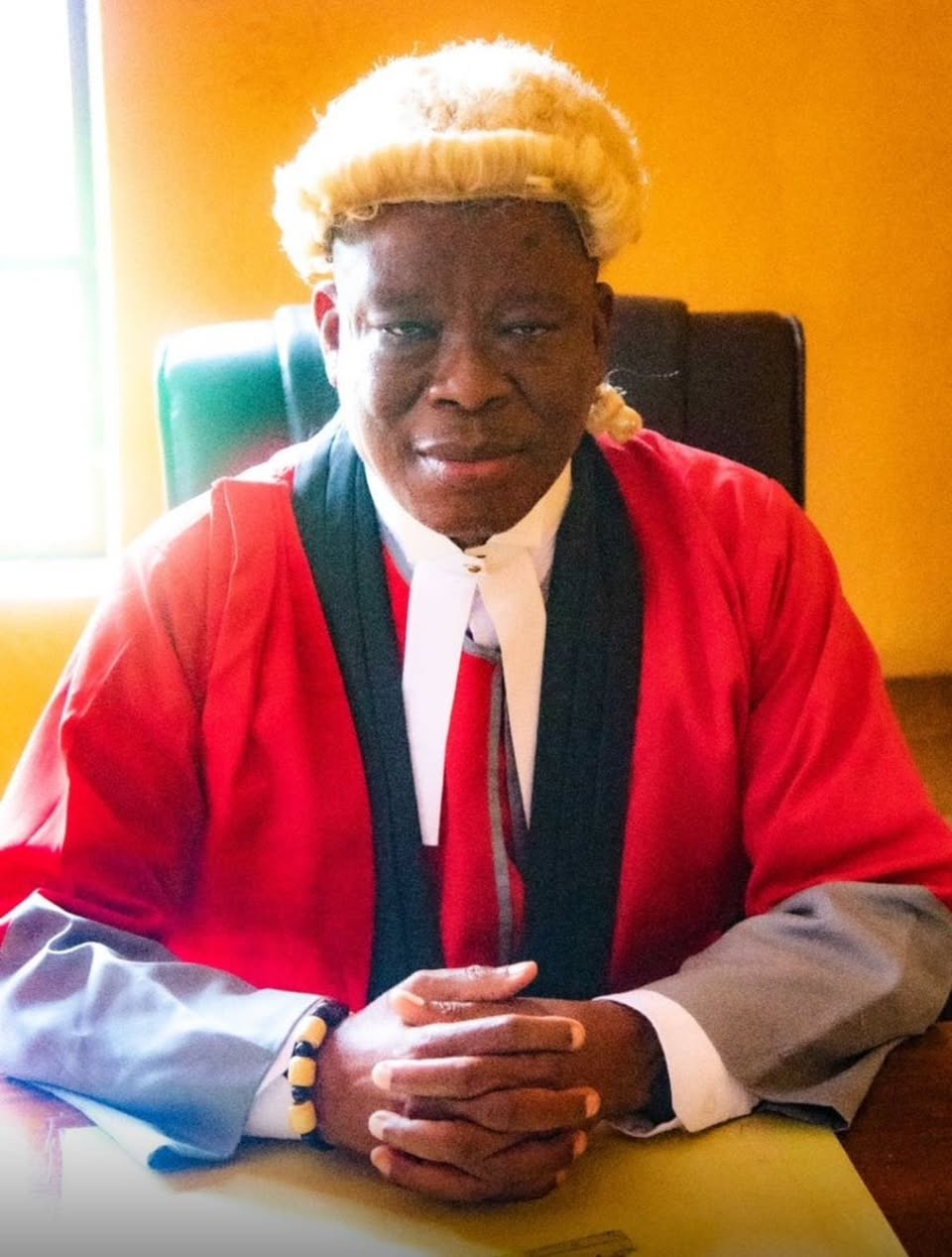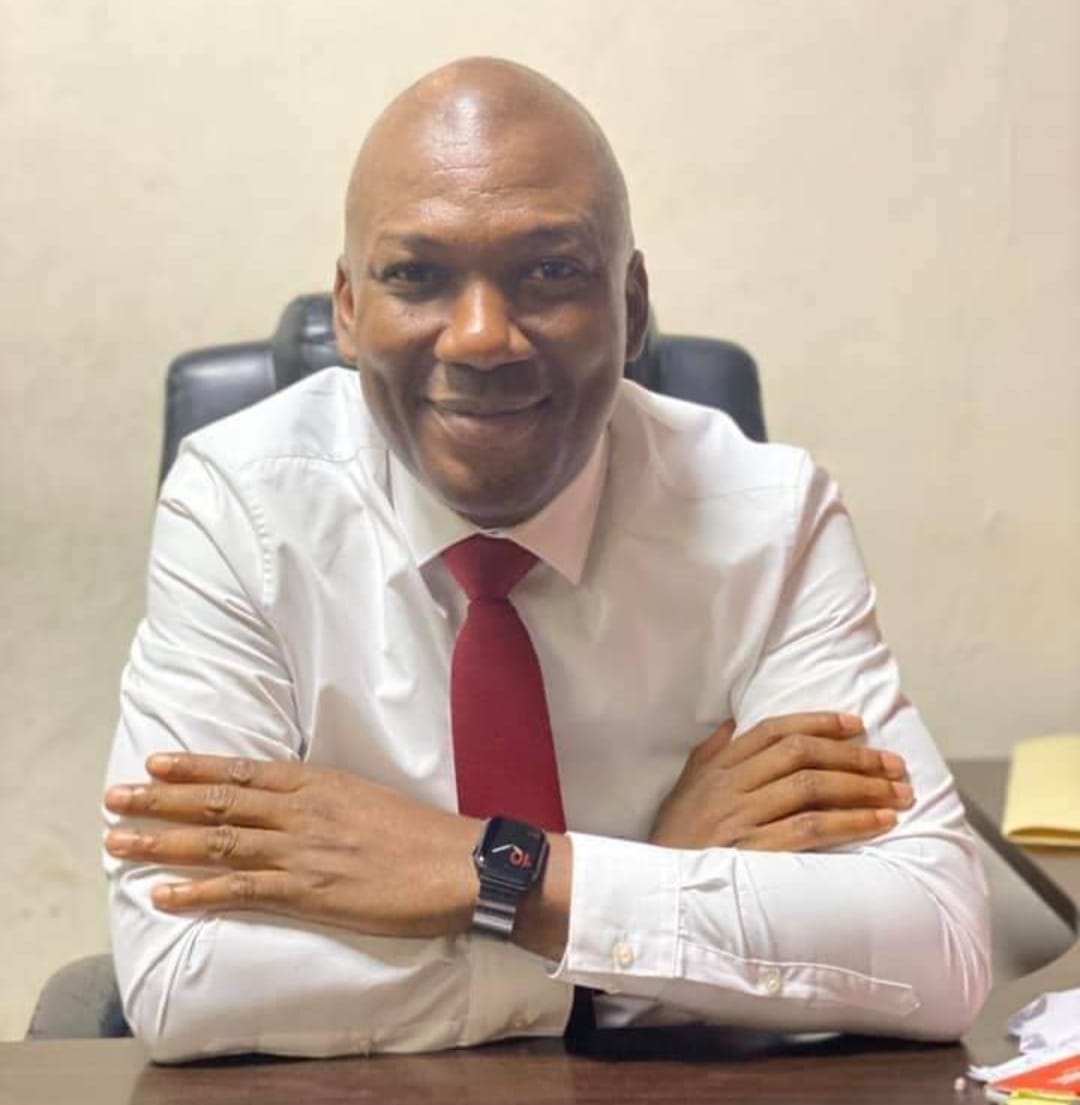By: Mohamed Jalloh (Pupil Barrister) and Marie Marion Kargbo
Introduction
The legal landscape in Sierra Leone has undergone a profound transformation, highlighted by the burgeoning community of lawyers. This article aims to delve into the significant evolution of legal professionals against the backdrop of historical challenges and a changing socio-economic climate. The surge in lawyers reflects a dynamic legal ecosystem adapting to societal, economic, and legal advancements. By exploring the factors fueling this growth and their implications, this article sheds light on the transformative nature of Sierra Leone’s legal profession. As the number of lawyers continues to rise, close monitoring is essential to ensure sustained progress, ethical standards, and the provision of legal services that cater to the evolving needs of Sierra Leonean society. This article examines the reasons behind this surge, its impact on legal services, and the implications for the justice system and society.
Shifts in Legal Education and Professional Training
One significant factor contributing to the rise of lawyers in Sierra Leone is the expansion and enhancement of legal education and professional training. The establishment of LLB programs in various universities has facilitated the production of skilled legal professionals. Before 2015, access to an undergraduate LLB program was limited to either overseas universities in Commonwealth countries or the University of Sierra Leone (FBC). With the growing demand for legal services and a burgeoning population, the capacity of the law department at FBC became insufficient to accommodate the rising number of applicants.
Recognizing the need to expand legal education, the Legal Practitioners’ Act 2000 was amended in 2015 to increase access. However, differing opinions emerged among practitioners regarding this change. While some expressed concerns about the standard of legal education in other universities, others saw this expansion as an opportunity to improve the availability of legal services and ensure justice for a larger portion of the population. Although Fourah Bay College remains a primary source of legal practitioners due to its higher number of graduates, there has been a notable increase in the admission rate.
Socio-economic Factors and Legal Services Demand
The demand for legal services in Sierra Leone has been influenced by various socio-economic factors. Economic growth, foreign investment, and the diversification of industries have necessitated a deeper understanding of complex legal frameworks. Economic expansion has led to increased business transactions, demanding expertise in areas such as contract law, corporate law, and intellectual property rights.
The surge in foreign investments requires an understanding of international law, trade agreements, and cross-border transactions, with legal professionals playing a pivotal role in facilitating these transactions. Additionally, the diversification of industries has brought forth complex legal challenges specific to various sectors. For instance, technology companies require legal expertise in intellectual property, data privacy, and cybersecurity, while healthcare and pharmaceutical industries face regulatory compliance issues and intellectual property protection.
Implications on the Justice System and Society
The increased number of lawyers can have various implications, both positive and challenging. On the positive side, a higher number of lawyers can enhance legal representation for individuals, granting improved access to legal experts who can effectively advocate for their rights. This can contribute to a fairer justice system, allowing individuals to receive adequate legal assistance and have their voices heard.
Moreover, the larger pool of legal professionals might potentially reduce case backlogs, expediting the resolution of disputes and streamlining the justice system. However, challenges associated with this growth include the need for effective regulation to maintain standards of competence and professional conduct among lawyers. Additionally, there is a risk of increased unethical behavior within the profession, necessitating strict ethical standards and disciplinary measures to uphold the credibility of the legal profession.
Addressing the Challenges of the Growing Numbers
The legal profession offers a wealth of possibilities beyond traditional practice. Lawyers can explore roles in business, technology, academia, and other specialized domains. Collaboration between key legal institutions such as the Bar Association, General Legal Council and Council of Legal Education is vital to address the challenges posed by the growing number of lawyers and foster innovation within the legal field.
To adapt to the growing legal community, it is crucial to explore new avenues beyond merely regulating admission. Updating existing legislation, such as the Legal Practitioners Act, should be considered to reflect contemporary legal practices and introduce alternative career options. This could encompass professions like legal tech professionals, paralegals, and legal consultants. Embracing technology in legal practice can significantly enhance efficiency and open new avenues for individuals passionate about legal technology to contribute to the profession.
To drive these innovative solutions and reforms, collaboration among key legal institutions in Sierra Leone is paramount. By working together, these institutions can create an environment that encourages innovation and alternative career paths in the legal field, ensuring its adaptability to the evolving needs of society.







